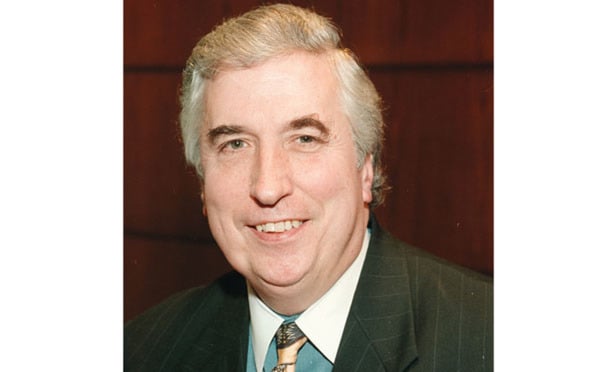You can’t make this stuff up. Reality is more bizarre than fiction. Good as “House of Cards” or “Game of Thrones” are, they cannot match the Herbalife battle for the sheer confrontation of economic power, the treachery among rivals, or the political machinations. What the War of the Roses was to Shakespeare, the Herbalife battle could be for future playwrights, supplying them with similar opportunities to exploit well-known historical events for artistic purposes. Can one imagine a future David Mamet writing: “To short or not to short. That is the question.”?1
This soap opera began in December 2012, when shareholder activist, William Ackman, and his hedge fund, Pershing Square Capital Management, announced that Herbalife was a pyramid scheme and that they had made an approximately $1 billion dollar bet shorting its stock. But then an even better known activist, Carl Icahn, came to Herbalife’s defense, went long, and publicly called Ackman a “crybaby.”2 (Shakespeare would find a hidden motive for Icahn’s behavior, perhaps in some unintended snub or possibly a girlfriend lost to Ackman, but journalists have yet to uncover this needed dramatic element). Since the date of Ackman’s 2012 announcement, Herbalife shares have risen an estimated 40 percent (although there has been some decline over the last two weeks3). The result is to place Ackman under extreme pressure. A short position is costly to carry, and to close it out now would mean an enormous loss for Pershing Square. The bottom line is that Achman and Pershing Square had to do something to focus regulatory attention on Herbalife, hoping that regulatory scrutiny would drive down its stock price. But regulators do not like to look as if they are the pawns of a short seller, and hence they do not march to his orders. Thus, an amended strategy was needed.



